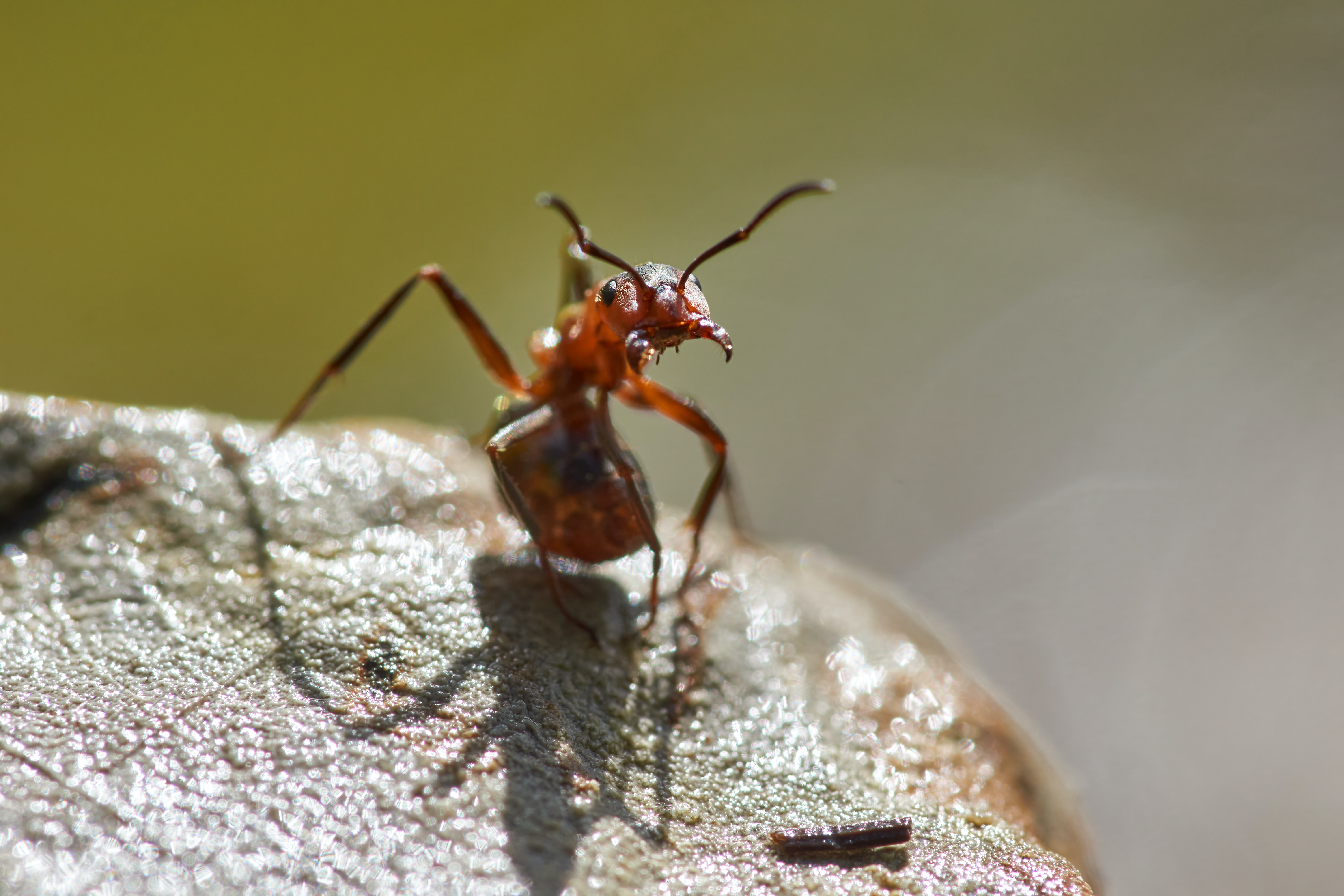News release
From:
Resource exchange and partner recognition mediate mutualistic interactions between prey and their would-be predators
Biology Letters
We explore the mechanisms allowing prey to establish mutually beneficial interactions with their would-be predators. This is the case of sap-sucking hemipterans, which have the challenge of dissuading ants from predation to engage in mutually beneficial associations with them. We show ants may be ‘bribed’ with a sugary reward to be dissuaded from attacking potential prey. Furthermore, ants refrained from attacking their hemipteran partners, even in the absence of an immediate sugary reward. This suggests ant-hemipteran associations are mediated by hemipteran honeydew, but an innate ability of ants to recognize their hemipteran partners may also play a role.



 International
International


